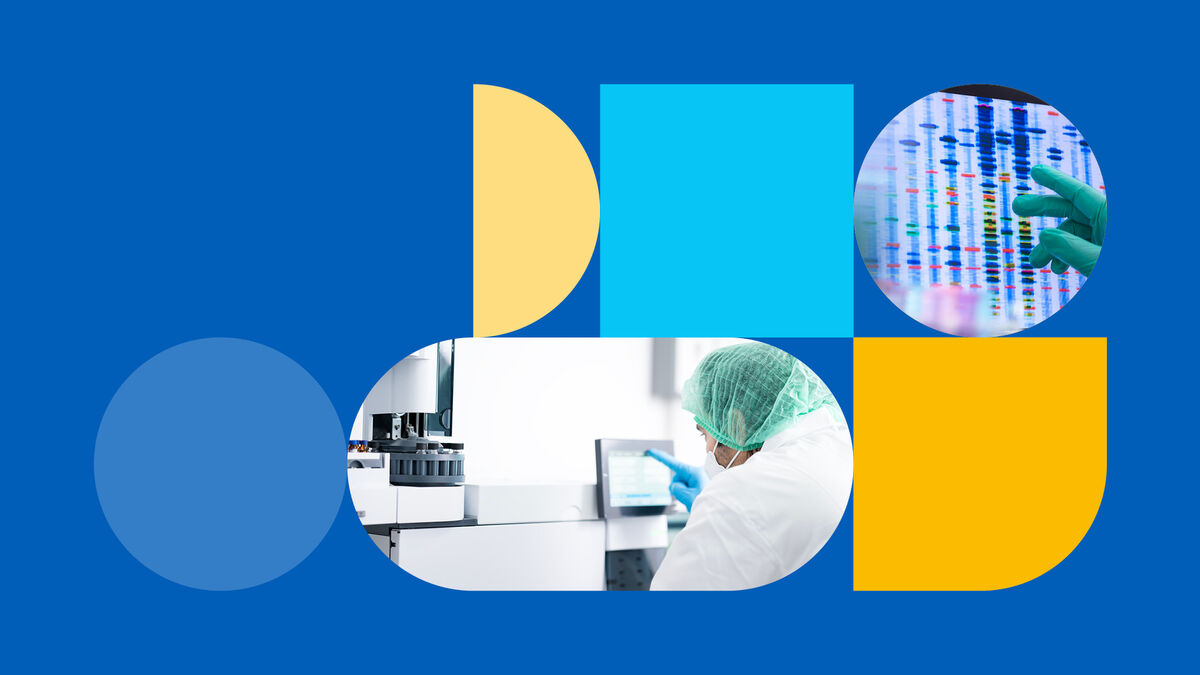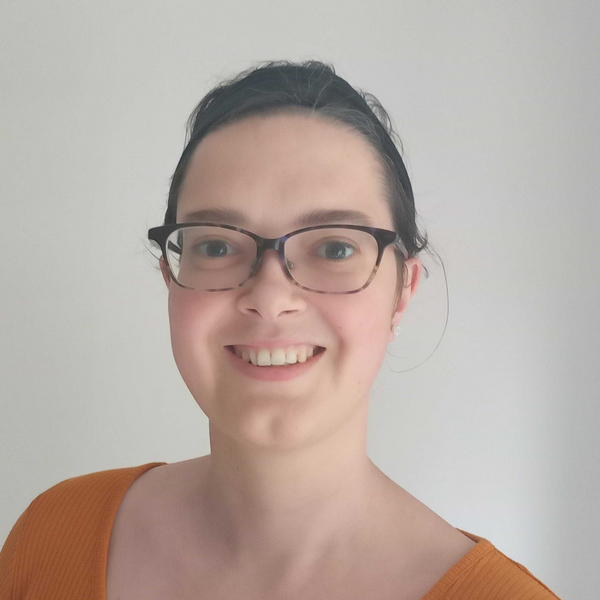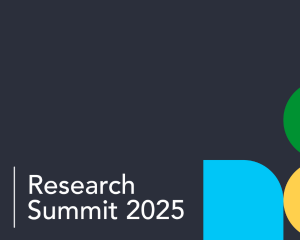
Bioinformatics Webinar: Increasing the diagnostic yield in the 100,000 Genomes Project
Date
The Diagnostic Discovery team at Genomics England have developed a large-scale research-based bioinformatics workflow for cohort-wide reanalysis of whole genome sequencing, and applied it to 70,000 genomes from participants in the 100,000 Genomes Project. The Diagnostic Discovery workflow identifies and annotates rare small variants, copy number variants (CNVs), inversions, insertions and breakends in targeted genes or regions.
Structural variants (SVs) can be identified using short-read WGS data, but are more challenging than small variants and are not typically included in clinical analysis pipelines. Our approach for CNV and SV analysis incorporating variant filtering and annotation has enabled complex variants to be identified as putative new diagnoses for participants.
Don't miss this opportunity to expand your knowledge and network with like-minded professionals.
Cassandra Smith Speaker Bio
Cassandra did a PhD in Bioinformatics at the MRC Mitochondrial Biology Unit, University of Cambridge, before joining Genomics England. She originally worked in the bioinformatics operations team helping to complete the primary analysis for participants in the 100,000 Genomes Project, establishing operational procedures for Additional Findings analysis, as well as setting up processes for the Genomic Medicine Service. She is now the senior bioinformatician for Diagnostic Discovery, using research analysis to identify putative new diagnoses to increase the diagnostic yield in the 100,000 Genomes Project.
Speakers

Cassandra Smith
Bioinformatician Diagnostic Discovery
Genomics England


